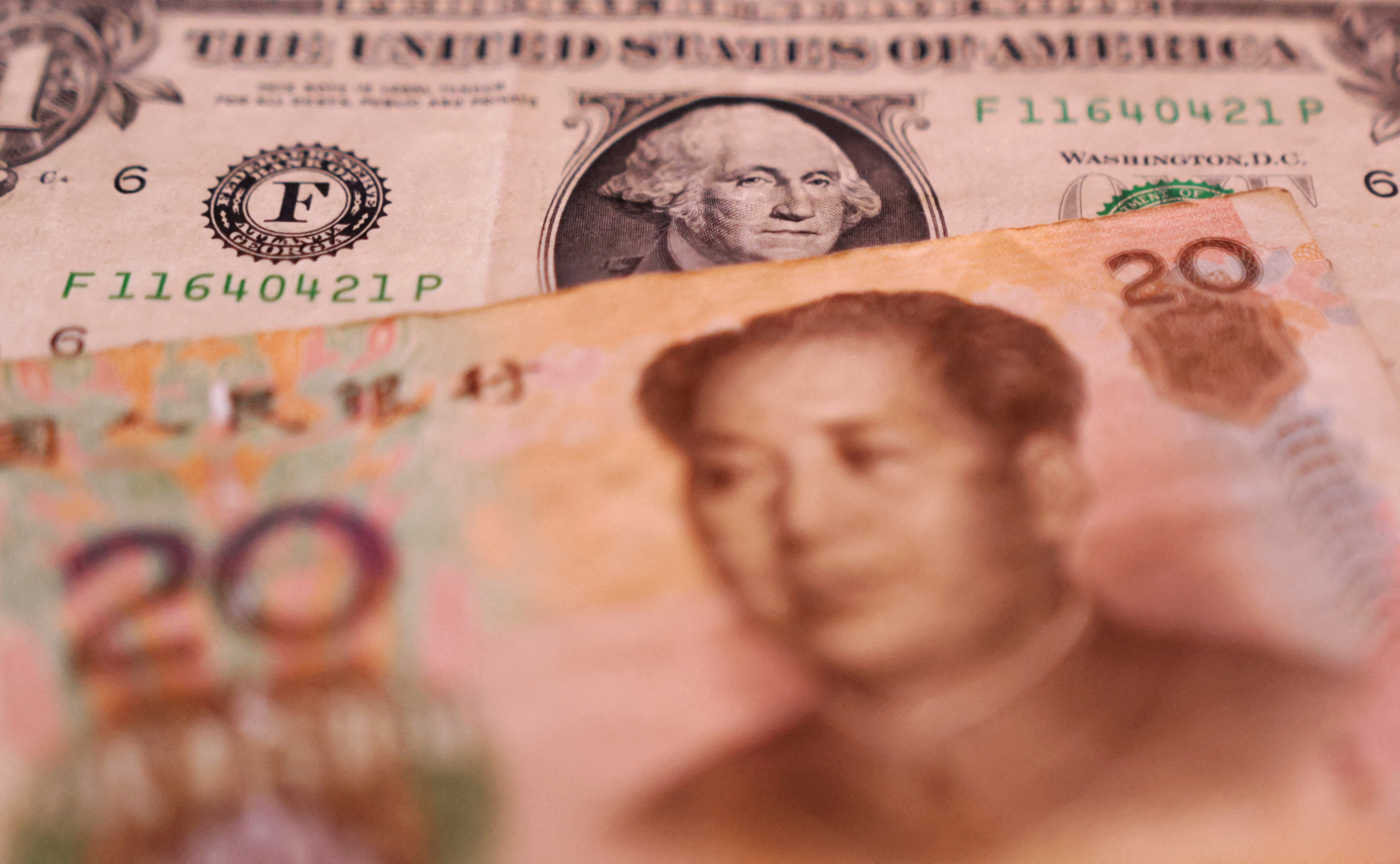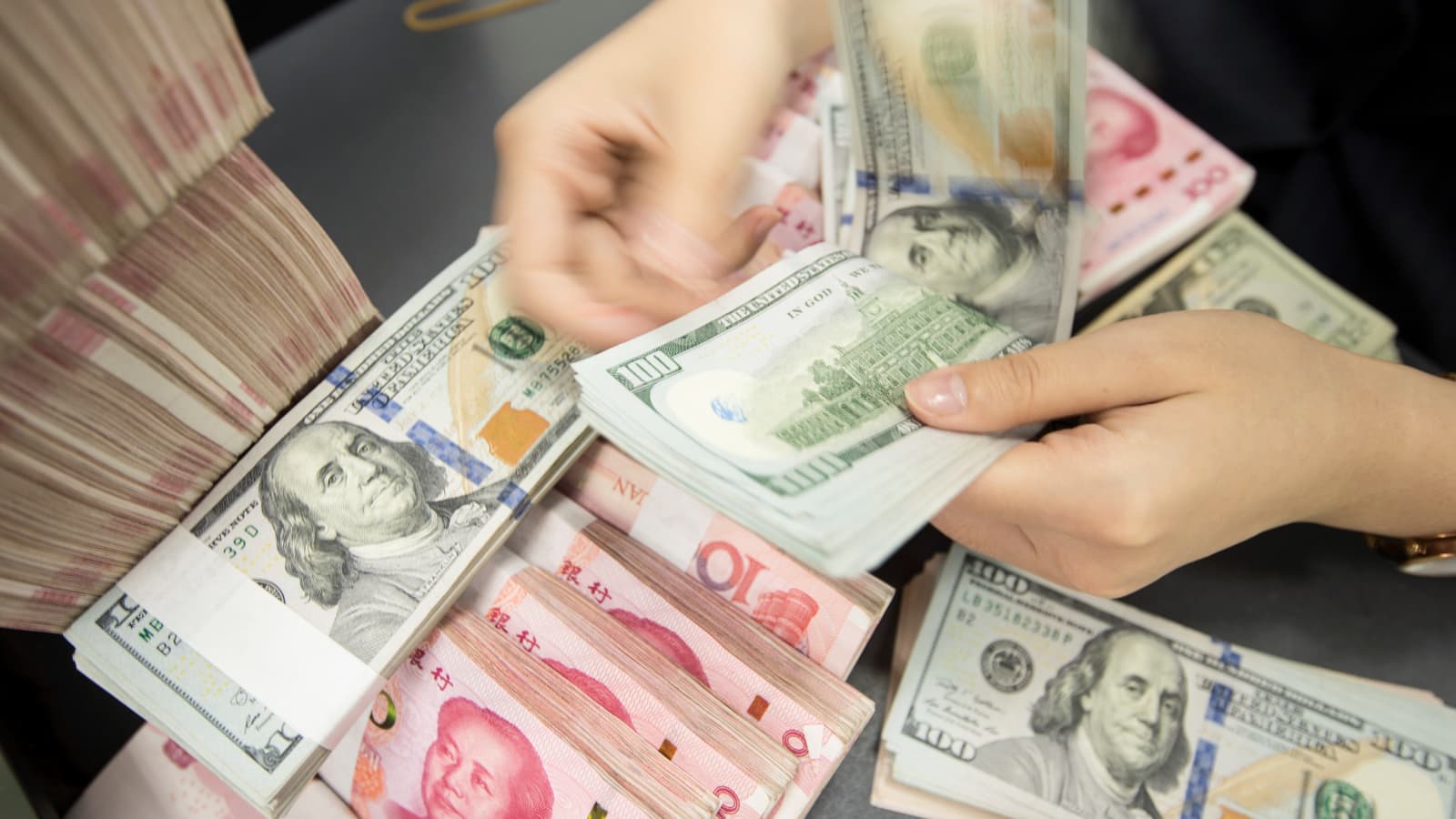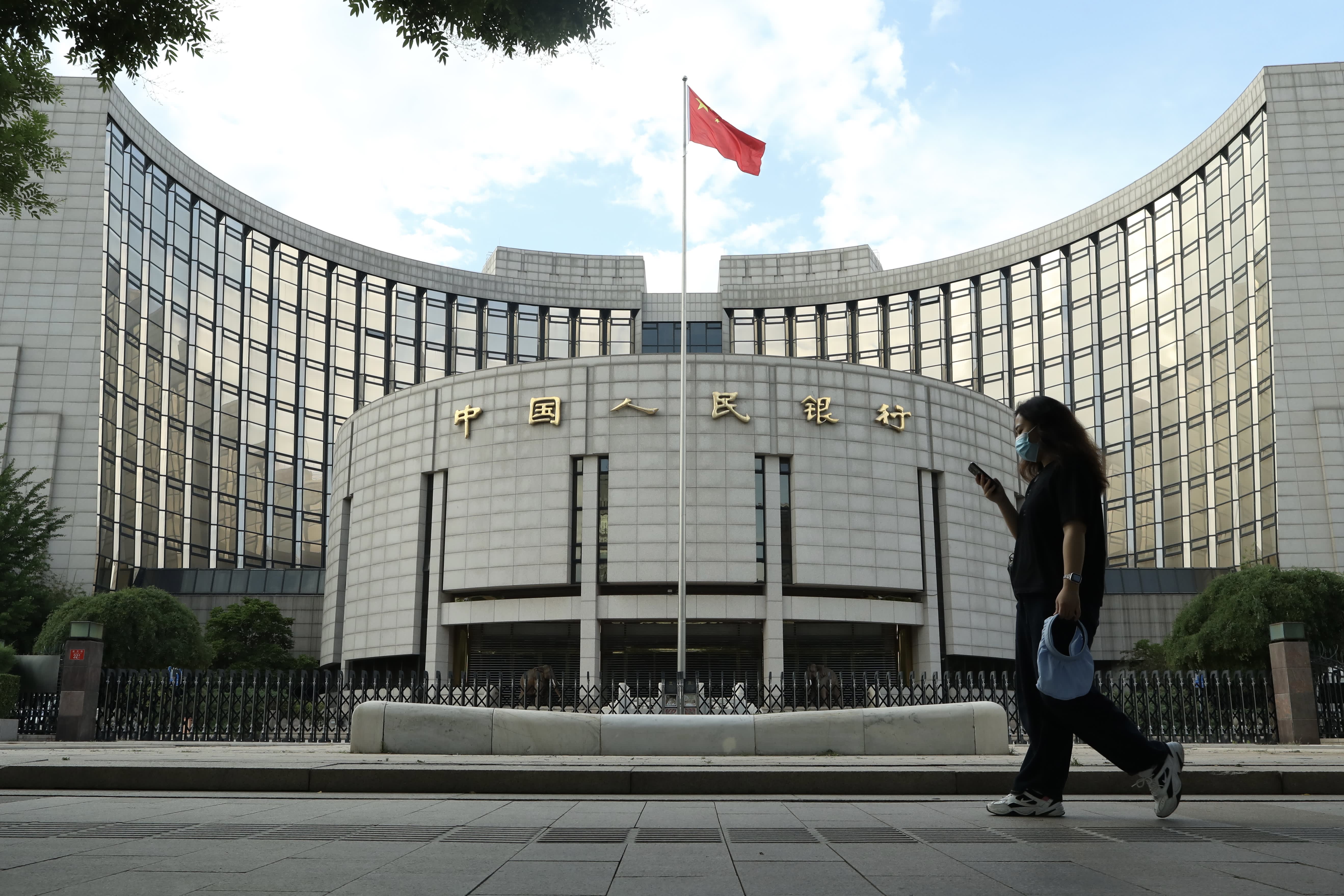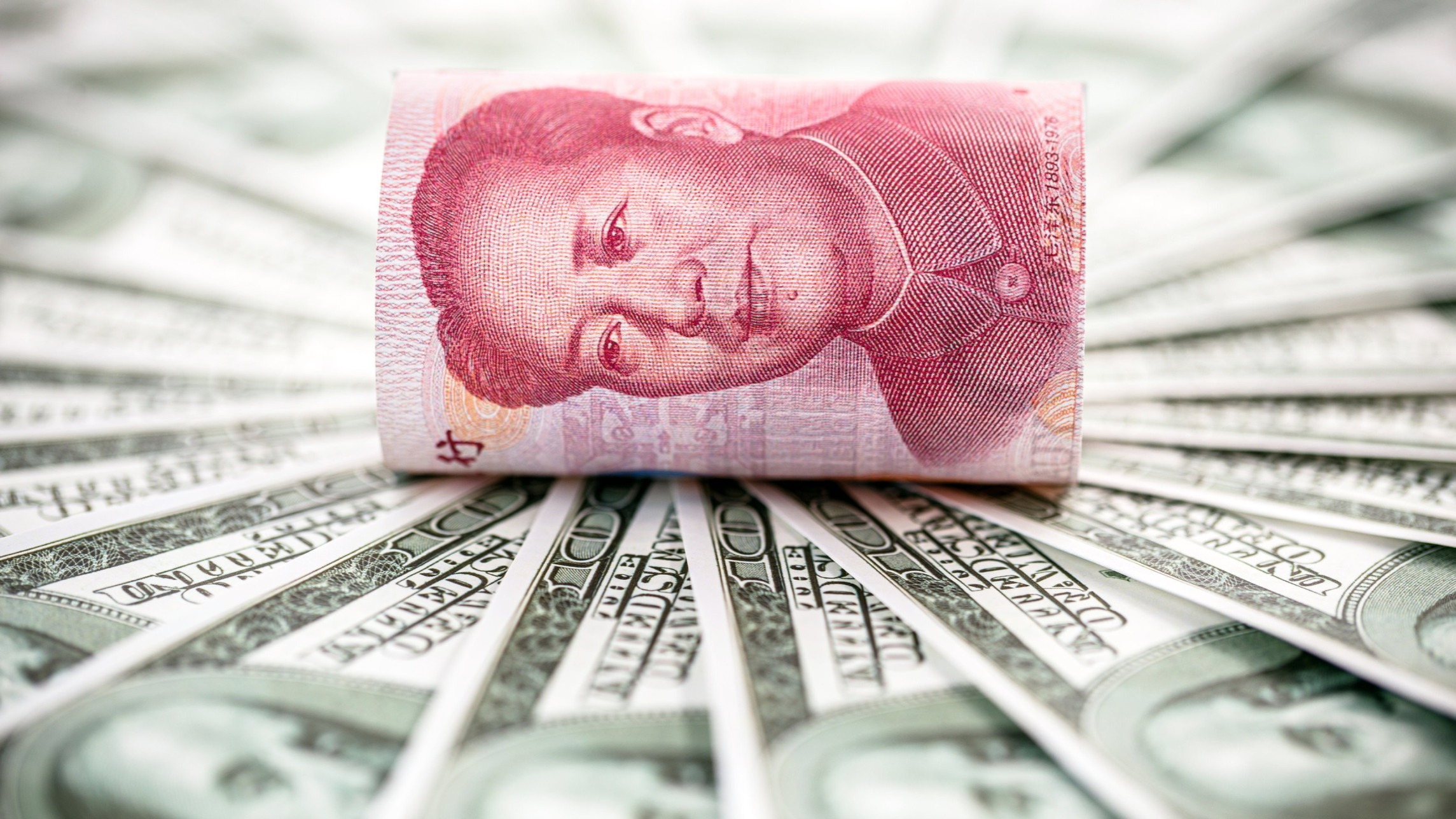China’s Strategic Move: Cutting Banks’ FX Reserve Ratio to Rein in Yuan Weakness 2023

China’s Strategic Move: Cutting Banks’ FX Reserve Ratio to Rein in Yuan Weakness 2023
For the first time this year, the Chinese central bank said on Friday that it will reduce the amount of foreign currency reserves that financial institutions must maintain. This action is thought to be intended to limit the rate at which the yuan has recently depreciated.

An online announcement from the People’s Bank of China (PBOC) stated that the RRR for foreign currency reserves will be reduced by 200 basis points (bps) to 4% from 6% starting on September 15.The goal of the action, according to the PBOC, was to “improve financial institutions’ ability to use foreign exchange funds.”
According to traders and economists, the FX RRR reduction should help slash dollar borrowing costs in the interbank market and lessen downward pressure on the yuan.
However, they cautioned that it was doubtful that the action would reverse the yuan’s trend towards depreciation; rather, they saw it as a signal to the markets that the government intended to lean harder against sudden yuan losses if necessary.
One of the worst-performing Asian currencies this year, the yuan has lost approximately 5% versus the dollar due to China’s economy’s rapid slowdown and growing yield spreads with the US.

In an increasingly interconnected global economy, currencies play a vital role in determining the economic strength of a nation. For China, a rising economic powerhouse, maintaining stability in its currency, the yuan (CNY), is crucial to ensure sustainable growth and safeguard its economic interests. Recent developments reveal that China has taken a significant step to address the weakening yuan by cutting banks’ foreign exchange (FX) reserve ratio.
This move signals China’s commitment to maintaining a robust currency, stimulating economic growth, and managing the challenges posed by external factors. In this article, we delve into the intricacies of this decision, its potential impacts, and the broader implications for global financial markets.
The yuan is China’s official currency, and its value relative to other currencies is determined through a combination of market forces and central bank interventions. To manage currency stability, central banks often hold foreign exchange reserves, which can be deployed to influence currency values.

The FX reserve ratio, in this context, refers to the proportion of foreign currency deposits that Chinese banks are required to maintain as reserves. By adjusting this ratio, the People’s Bank of China (PBOC), China’s central bank, can influence the amount of foreign currency banks can lend, thereby impacting the demand and supply of yuan in the market.
China’s decision to cut banks’ FX reserve ratio stems from its efforts to counteract the recent weakening of the yuan. A weaker yuan could lead to several adverse consequences, including reduced purchasing power, capital outflows, and potential financial instability. By reducing the FX reserve ratio, the PBOC aims to inject liquidity into the financial system, thereby encouraging banks to lend more yuan and boosting domestic economic activity.
Furthermore, the move is indicative of China’s desire to maintain its currency’s attractiveness on the global stage. A stronger yuan enhances China’s credibility as a global economic player and bolsters its role in international trade and finance.

Cutting the FX reserve ratio could help stabilize the yuan’s value by increasing its supply in the market. This may mitigate depreciation pressures and promote confidence in the currency.
Increased lending due to the reduced FX reserve ratio can stimulate domestic economic activity. Businesses can access cheaper credit, leading to higher investments and consumption, ultimately fostering economic growth.A more stable yuan benefits China’s export-oriented economy by preventing excessive depreciation that could harm the competitiveness of Chinese exports.
With improved currency stability, China may experience reduced capital outflows as investors gain confidence in the yuan’s value, curbing the flight of capital seeking safer assets abroad.China’s decision could influence other countries to reassess their own currency management strategies. Additionally, global investors will closely monitor the yuan’s performance as it impacts international investment decisions.
China’s move to cut banks’ FX reserve ratio underscores the government’s proactive approach to managing economic challenges. It demonstrates China’s determination to balance short-term stability with long-term economic goals, even in the face of external pressures such as global market volatility and geopolitical tensions.
This decision also highlights the interconnectedness of global economies. Changes in one nation’s currency management policies can have ripple effects across international financial markets, affecting trade relationships, investment decisions, and economic growth trajectories of various countries.
China’s decision to cut banks’ FX reserve ratio to rein in yuan weakness reflects its commitment to ensuring currency stability, fostering economic growth, and maintaining a prominent role in global economic affairs.

By strategically managing its currency, China aims to navigate the complex landscape of international finance and emerge as a formidable force in the global market.
As the world watches the effects of this move unfold, the importance of currency stability in maintaining economic resilience and growth becomes increasingly evident.







